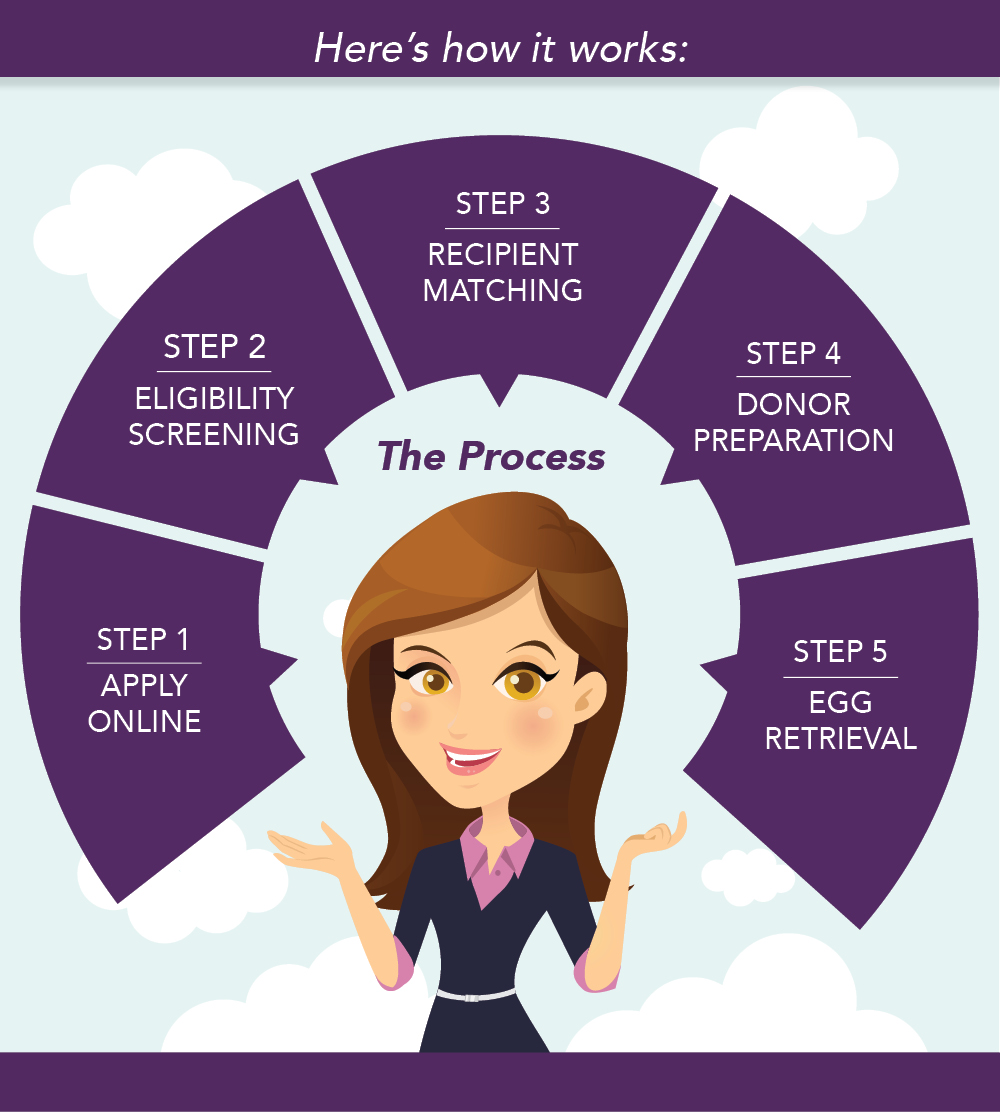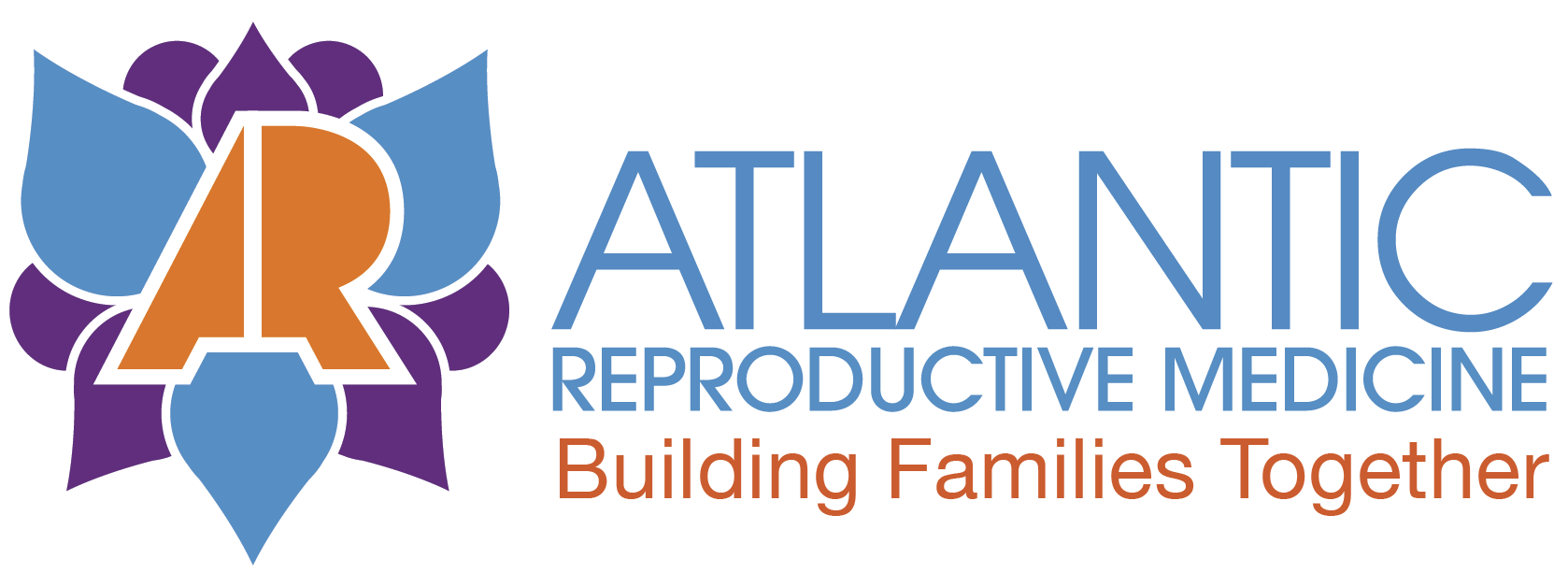
Become an Egg Donor
At Atlantic Reproductive Medicine, our mission and passion is to help our patients realize their dream of having a family. For many patients, that dream requires an egg donor who gives them the remarkable gift of becoming a parent.
At Atlantic Reproductive, our Egg Donors:
- Receive generous compensation up to $44.5K+
- Are 21-31 years of age, non-smokers, physically healthy, and within 2.5-hour drive from Raleigh, NC
- Will become educated and knowledgeable about the egg donation process
- Obtain helpful reproductive and genetic information about themselves
- Receive expert care from one provider team all at one clinic
- Help others become parents while maintaining their own ability to start a family in the future
Egg Donor Compensation:
- Receive $500 upon acceptance into the donor program
- $6,500K for completion of 1st egg donor cycle
- $7,500K for additional cycles (up to 5 cycles)
- $500 to donors who refer another approved donor
Donor process includes:
- Education about the donation process
- Physical and psychological screening
- Reproductive and genetic health evaluations
- Exceptional, personalized medical care throughout your egg donation journey
Egg Donation Process

Egg Donation Risks
- The egg donation procedure is safe and explained in detail during your phone consultation once you’ve filled out the screening application.
- Complications from an egg (oocyte) retrieval are very rare. However, infection, bleeding, injury to internal structures, blood clots, ovarian hyperstimulation, and complications from anesthesia are possible but unlikely.
- You need to be very careful not to conceive during the month that you donate eggs because we may not retrieve every egg, and you could get pregnant. If you conceive during a donation cycle, you will be at a high risk of conceiving more than one baby. Abstinence around the time of retrieval is the safest approach and most comfortable for your ovaries.
- We expect your next menstrual period to come less than two weeks after retrieval.
The Atlantic Reproductive Commitment
At Atlantic Reproductive, we deeply value our relationships with egg donors. We take great care to ensure that your experience is safe, fulfilling, and rewarding.
Throughout your egg donation journey, we are here to provide support and address any questions or concerns you may have.
Step 1: Application
- Submit a completed application for review by our donor team
- Receive email/text confirmation
- If pre-screen is accepted, you will receive instructions for completing the full questionnaire
Step 2: Screening Process
- Donor team reviews your full application
- Our care team will reach out to schedule your telephone call to review your medical/family history and review your next steps
- Visit Atlantic Reproductive in Raleigh, NC, for your ultrasound and lab work
- Telephone consultation with our reproductive psychologist
- Lab testing for genetic carrier screen and infectious diseases at Atlantic Reproductive or a local LabCorp
- Receive $500 upon acceptance into the program
Step 3: Recipient Matching
- Intended parents review eligible egg donors and make their selection
- Donor team confirms genetic carrier screen compatibility
- Donor team contacts donor for donation cycle dates
Step 4: Donor Preparation & Medications
- In-house appointment will be scheduled for egg donor preparation, where we will review how to administer medications that will be taken over 10-14 days
- You will undergo monitoring with ultrasounds and blood tests around 4 times during the donation cycle.
- Egg retrieval date will be determined during your monitoring visits
Step 5: Egg Retrieval
- Egg retrievals typically take about 10-15 minutes
- Sedation and close monitoring during and after the procedure
- You will remain at the fertility center for approximately two hours on the day of your retrieval
- After sedation, your reflexes and judgment will be impaired; a responsible adult must accompany you to your retrieval appointment and provide a ride home
- If this is your first donor cycle, you will receive $6,500 on your retrieval day
- You will receive $7,500 on each additional retrieval day (up to 5 cycles)
